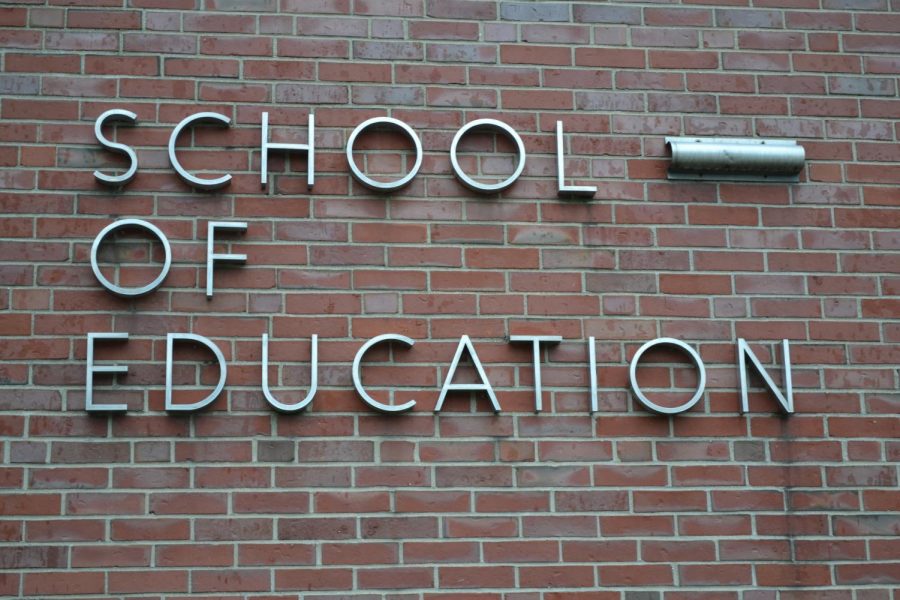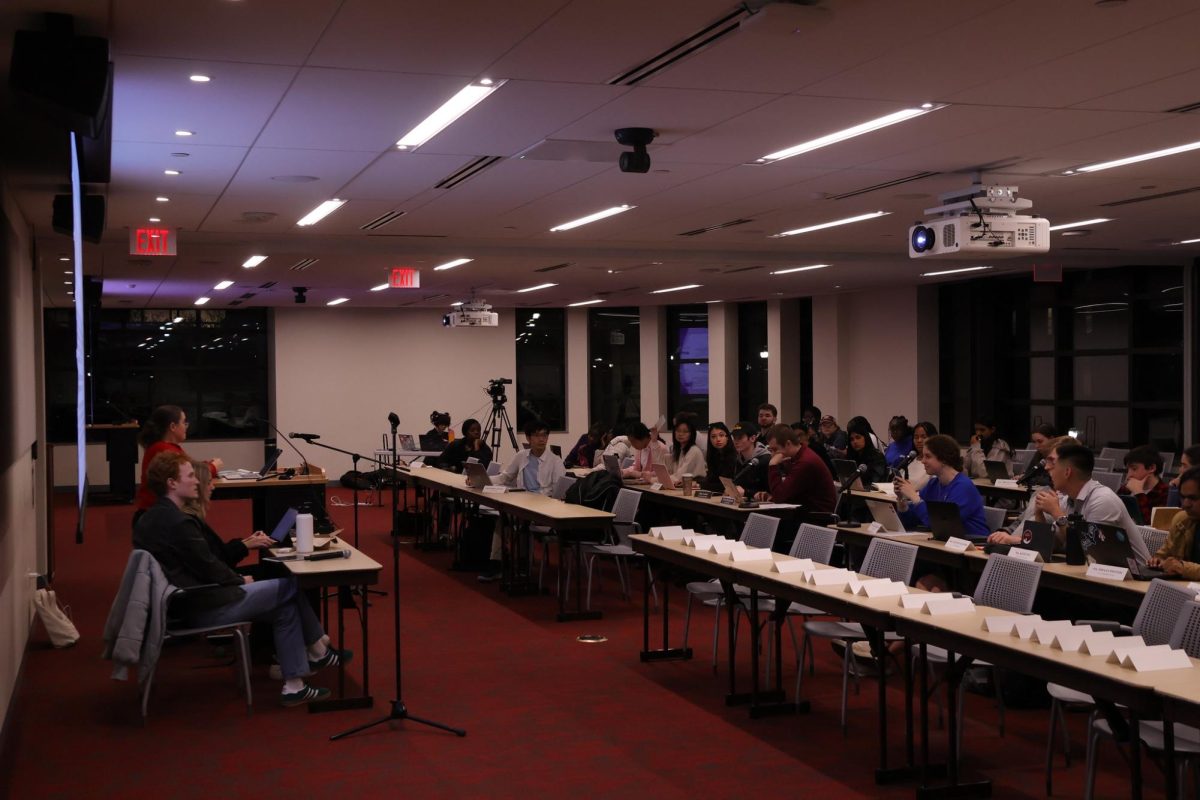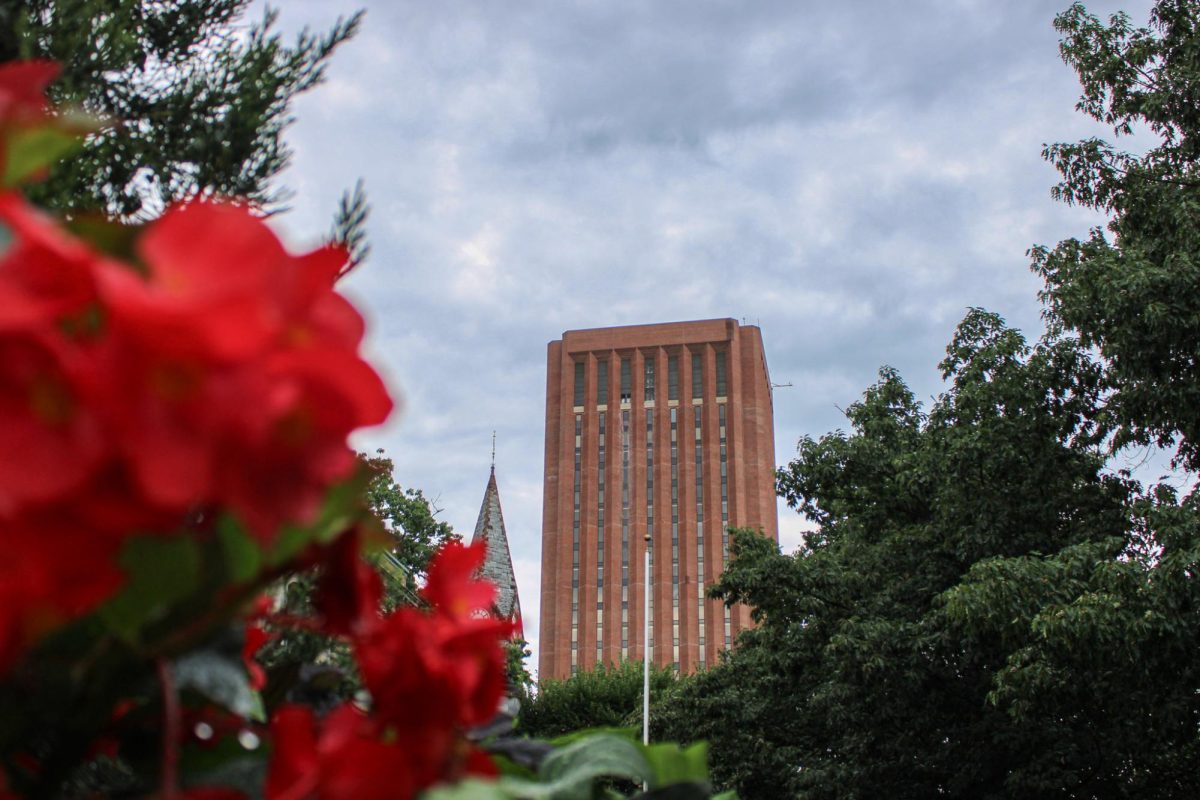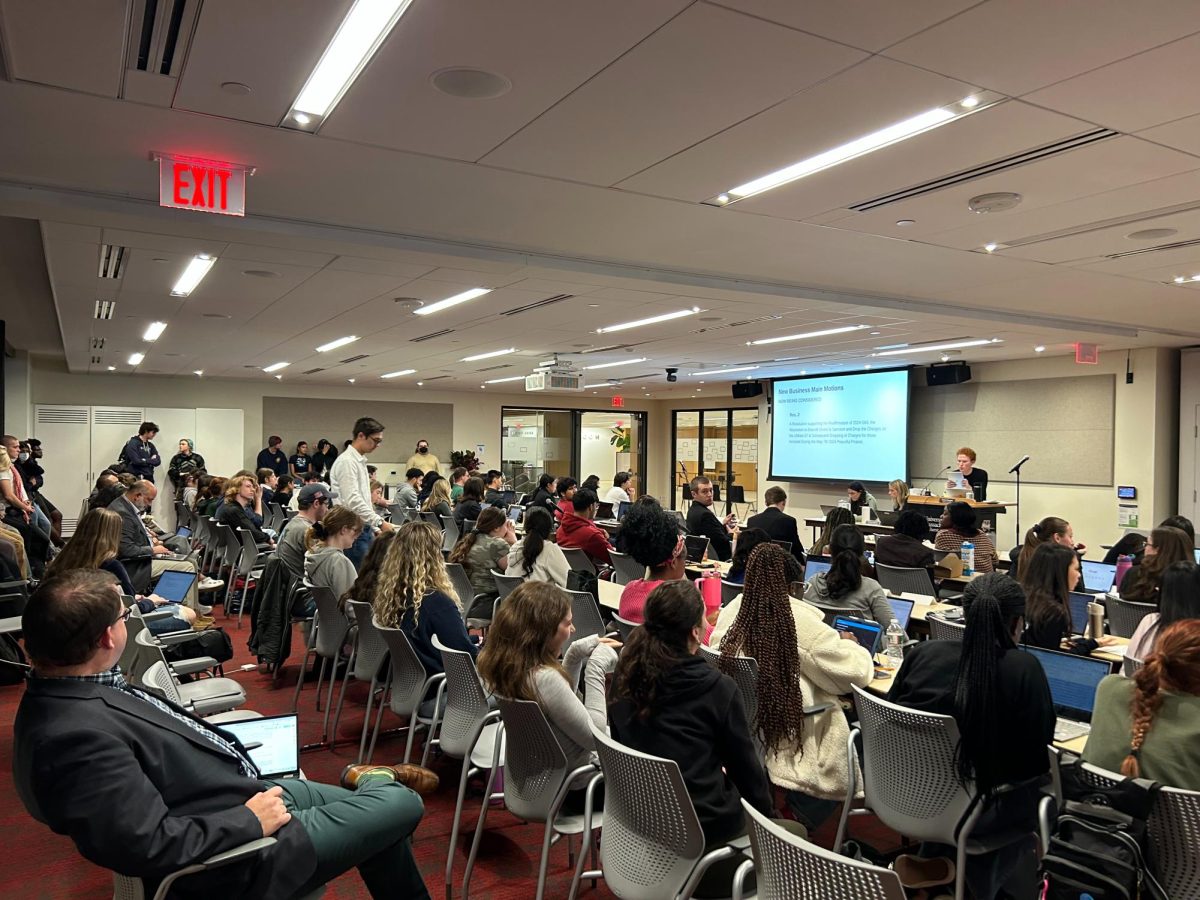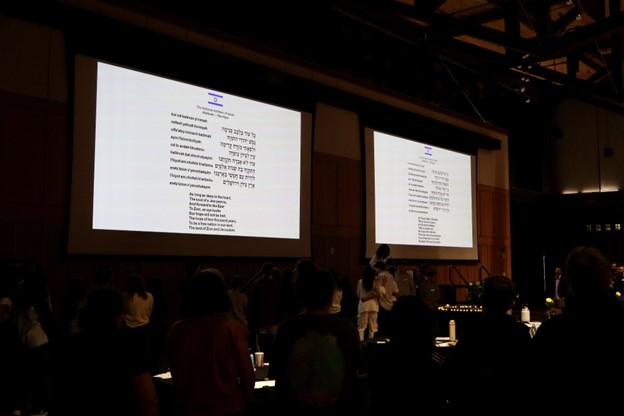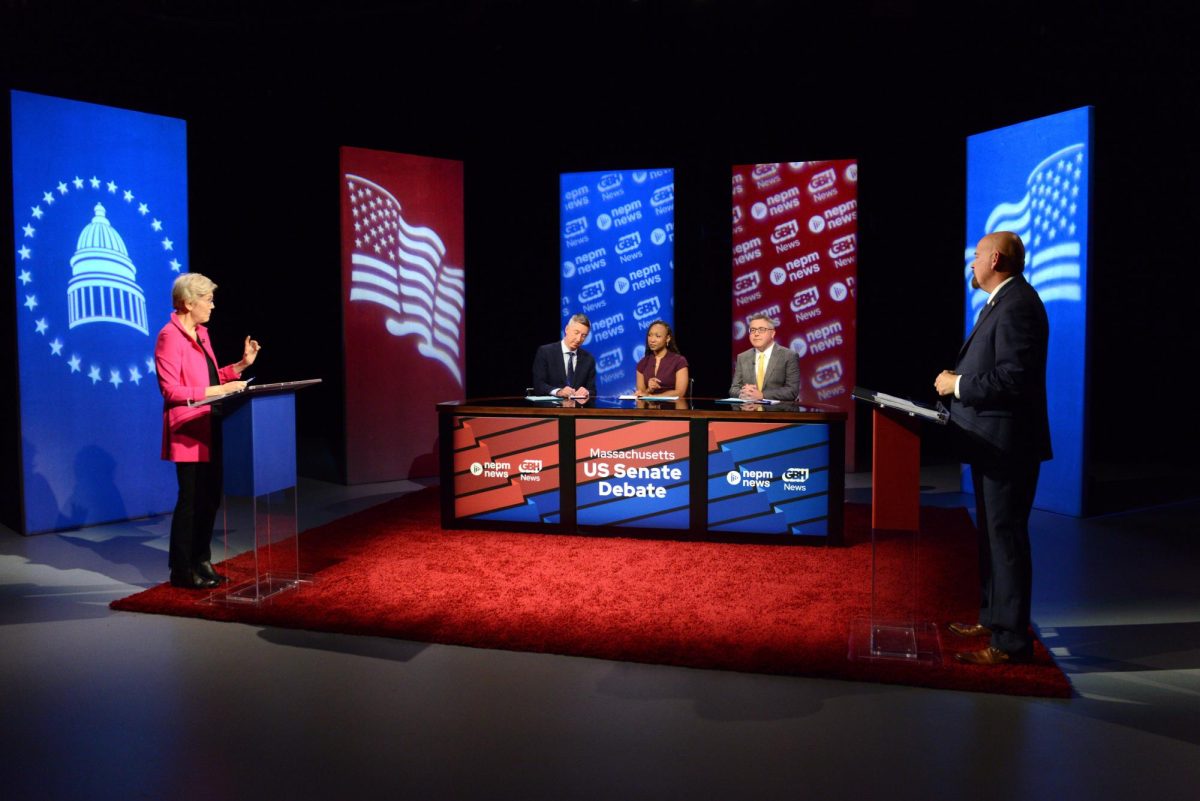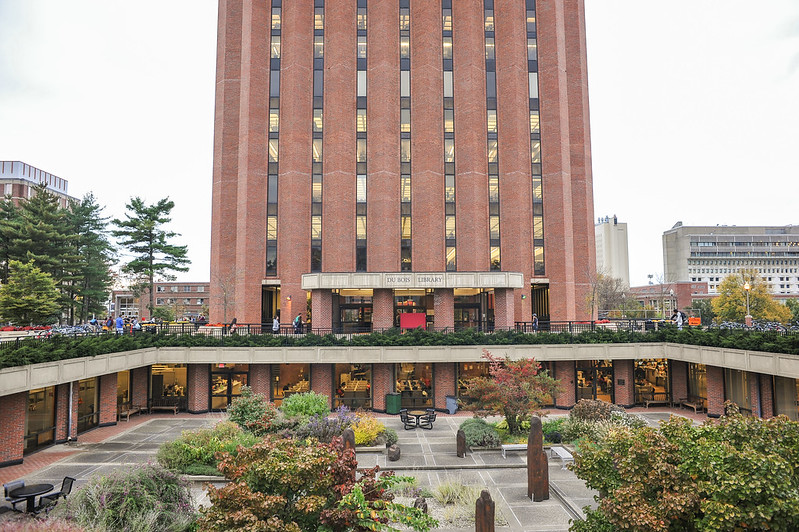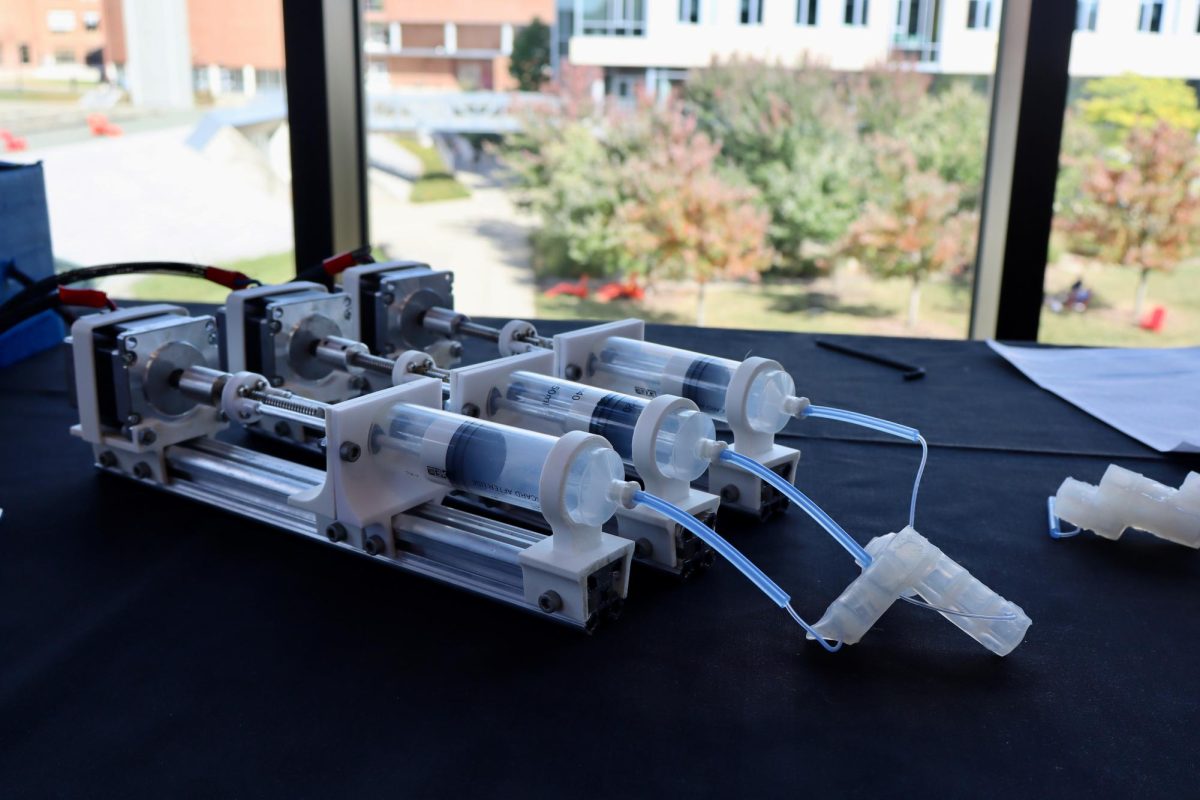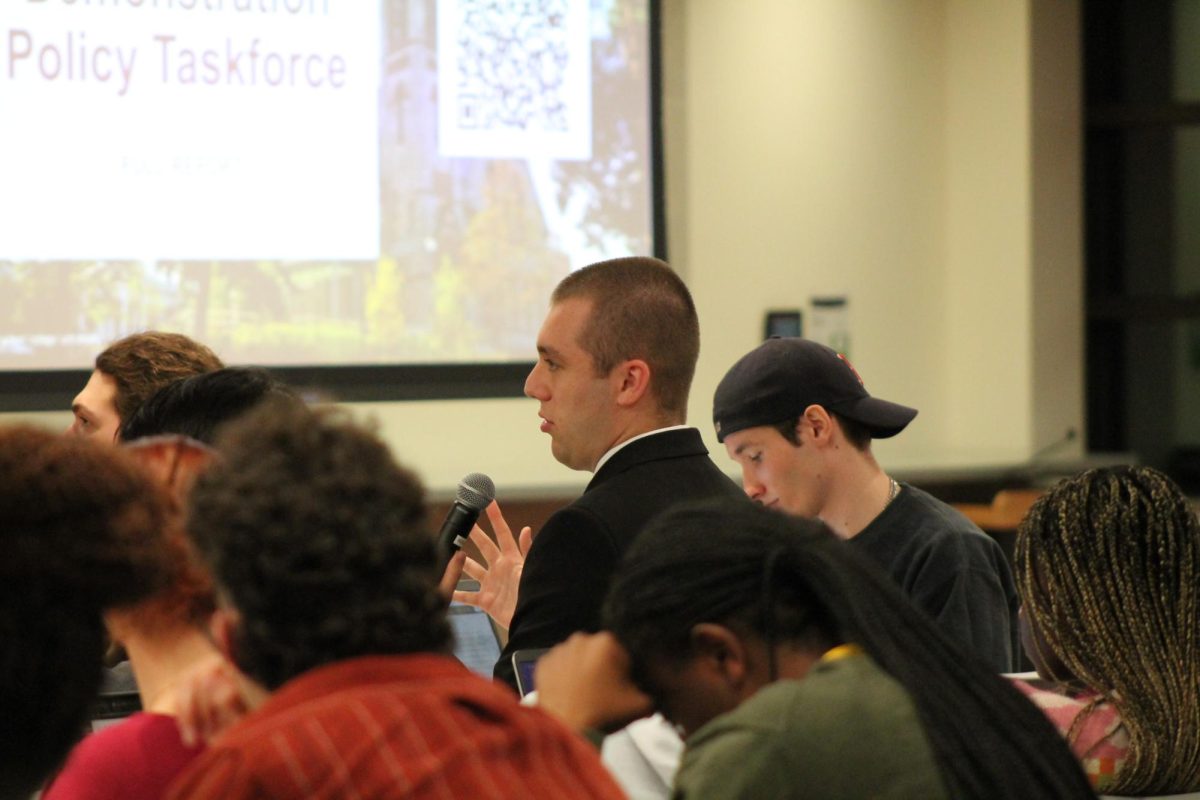John B. King Jr., former United States Secretary of Education, gave a talk addressing the future of public education in the United States at the University of Massachusetts on Wednesday.
King’s talk, titled, “Is there a future for public education?”, was followed by a panel with a variety of education experts. Both the talk and the panel focused on the issues public education currently faces and the myriad of potential solutions that can be taken to fix such problems.
In his talk, which was presented by the College of Education at UMass, King focused on the dichotomy between anti and pro-public education arguments that he feels exists within debates on public education. According to King, too much of the debate focuses on those who feel public education is inadequate and want to privatize education through a voucher system, and those who feel public education is perfect, without enough focus on how to make the system better.
“We cannot allow ourselves to be drawn into a mindless debate where all we do is march around and say, ‘We reject vouchers and privatizers.’ If we do that, we will have missed that public education isn’t delivering on the promise of equitable opportunity,” King said. “But we also can’t allow ourselves to be drawn into a mindless rejection of public education and public schools and what is possible there.”
King also emphasized that public schools today do not provide quality education equally to every demographic, with primarily minorities and low-income students receiving worse education than white and upper-class students.
In addition, King claimed that Massachusetts, despite being generally considered to have the best schools in the country, is failing to provide a quality education for every student. To bolster his point, King showed fourth grade reading levels in Massachusetts, with nearly 60 percent of white students having a reading level of proficient or advanced, but only 25 percent of African-American and 25 percent of Latino students reading at those same levels.
“It is not enough to say that Massachusetts is first in the nation or leading the nation, we have to ask are we first for all or first for some, and the reality is Massachusetts… is first but only for some,” King said.
King went on to explain a variety of solutions to help reform the U.S. education system, including improved compensation for teachers, increased support of the socio-emotional health of students, improved methods for teaching dual language learners, the reduction of bullying in public schools and the employment of methods to help students both in and outside of school.
Additionally, King claimed that segregation still exists in public schools today, and said that schools must be integrated. According to King, integration is beneficial for all students.
King said, “More than 60 years past [Brown v. Board of Education] and in many communities, schools are as segregated today as they were in 1954… Even though we know that attending schools that are racially and socio-economically diverse improves outcomes for all students.”
“[Diverse schools] dramatically improve academic outcomes for low-income students, but also improve the critical thinking and relationship building ability of all students, including affluent white students,” King added.
Following King’s talk was a panel discussion with King and four other members of the education field, including Dania Francis, assistant professor of Economics and Afro-American Studies at UMass, Superintendent of the Quabbin Regional School District Maureen Marshall, Chrystal George Mwangi, an assistant professor in the Department of Educational Policy, Research and Administration at UMass and Kysa Nygreen, an associate professor of Teacher Education and Curriculum Studies at UMass.
Each panel member was given time to address a certain aspect of the public education system, including the economics of schools, activism of teachers and unions, tuition in post-secondary education and the implementation of new charter schools.
As she addressed the audience of over one hundred people, Francis detailed her concerns about the possible disparity between certain schools if public schools moved towards a voucher system.
“The consumers of education are also inputs into education, so if I have a school with parents who are highly resourced, their students are probably going to perform better than a school with parents who are less resourced, … [the school with more resourced parents] in a privatized economy can charge much more for tuition and probably much more than any voucher system would fully cover, and so what we would end up with is this perpetuation of disadvantage where students without resources end up at the school that has the lower outcomes,” Francis said.
King was the former Secretary of Education under President Obama from 2016 until the end of his presidency in 2017. King currently serves as the President and CEO of The Education Trust, a nonprofit organization that strives to improve academic achievement, particularly for students of color and low-income students.
In her closing remarks for the event, Cynthia Gerstl-Pepin, Dean of the College of Education at UMass, offered an optimistic take on the future of public education.
“I think what I heard from all the panelists and from Dr. King is that the answer is yes, there is a future for public education, but we are all going to have to work for it,” she said. “Everybody in this room and beyond this room is going to have to, in some way, work to support what we know is an important resource for our country and for the world and for our democracy.”
Will Mallas can be reached at [email protected].

